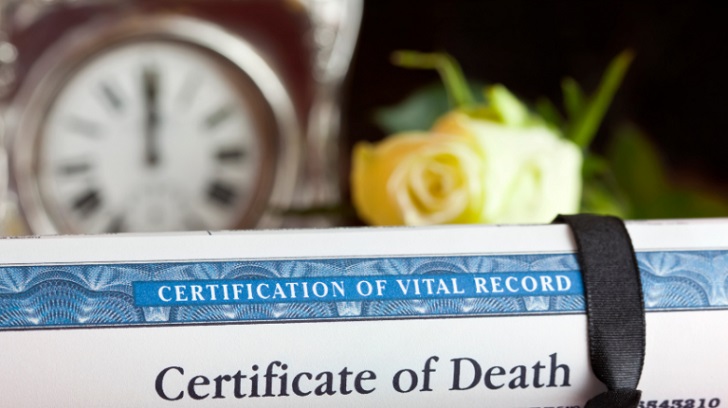Losing a loved one is a challenging and emotional time, and practical matters need to be addressed amidst the grieving process. Handling your loved one’s estate can feel overwhelming, but with proper planning and organization, you can navigate the process more smoothly. Below, we will discuss the steps to handling your loved one’s estate.
Notify Relevant Parties
The first step is to notify the necessary parties about the passing of your loved one. This includes close family members, friends, and employers. If your loved one has a lawyer, you should also inform them, as they can guide the legal aspects of handling the estate.

Obtain the Death Certificate
Obtain multiple copies of the death certificate from the appropriate authorities. You will need these copies to handle various tasks related to the estate, such as closing accounts and transferring assets.
Locate Important Documents
Gather all important documents related to your loved one’s estate. This includes their will, trusts, bank statements, insurance policies, property deeds, investment account statements, and other relevant financial or legal documents. These documents will be essential for understanding the extent of the estate and the distribution of assets.
Hire an Estate Attorney
Consider hiring an estate attorney to assist you with the legal aspects of handling the estate. An attorney can guide you through the probate process, provide advice on tax matters, and ensure that all legal requirements are met. They can also help resolve any disputes that may arise among beneficiaries.
Initiate the Probate Process
If required, initiate the probate process. Probate is the legal process of validating the deceased person’s will, identifying and appraising their assets, paying off debts and taxes, and distributing the remaining assets to the beneficiaries.

The specific probate procedures vary depending on the jurisdiction, so consult with your estate attorney to understand the requirements in your area.
Secure and Manage Assets
Securing and managing assets during the estate administration process is crucial. This includes safeguarding property, collecting financial assets, and managing investments. If necessary, consult with a financial advisor to ensure proper management of these assets during the estate settlement process.
Notify Creditors and Settle Debts
Identify and notify creditors of your loved one’s passing. This will prevent any new debts from accumulating. Work with the estate attorney to settle outstanding debts using the assets available in the estate. Keep records of all communications and payments made to creditors to ensure transparency.
File Tax Returns
File the necessary tax returns on behalf of the deceased person. This includes filing the final income tax return and, if applicable, the estate tax return. Consult with a tax professional or estate attorney to ensure compliance with tax regulations and determine potential tax liabilities.

Distribute Assets
Once all debts, taxes, and administrative expenses have been settled, it is time to distribute the remaining assets to the beneficiaries as outlined in the will or according to intestacy laws if there is no will. Follow the legal procedures and documentation requirements to ensure a smooth transfer of assets.
Close Accounts and Cancel Services
Close the deceased person’s bank accounts, credit cards, subscriptions, and other services. To complete these tasks, provide the necessary documentation, such as the death certificate and letters of testamentary. This will prevent unauthorized access to the accounts and minimize identity theft risk.
Keep Detailed Records
Maintaining detailed records of all actions taken, expenses incurred, and communications while handling the estate. This documentation will be essential for legal and financial purposes, ensuring transparency and accountability during the estate settlement.




